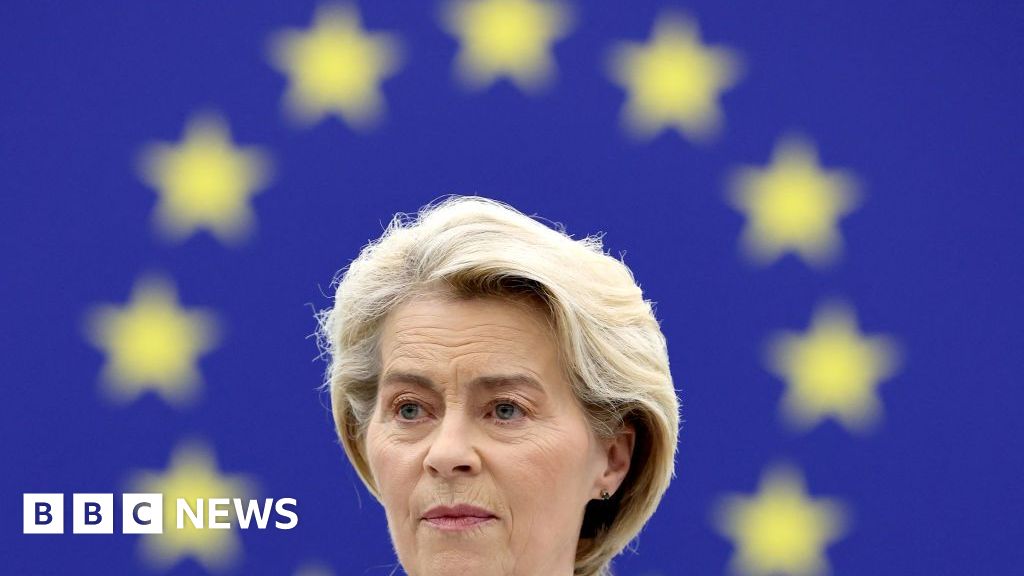Receive free War in Ukraine updates
We’ll send you a myFT Daily Digest email rounding up the latest War in Ukraine news every morning.
Russia is pushing a plan to supply Africa with grain and cut Ukraine out of global markets after withdrawing from a UN-backed deal this week, according to three people familiar with the matter.
President Vladimir Putin has proposed a replacement initiative whereby Qatar would pay Moscow to ship its grain to Turkey, which would distribute the crop to “countries in need”, the people said. Neither Qatar nor Turkey have agreed to the idea, which Moscow had not raised to formal levels, they added.
Kyiv and its western backers are likely to be deeply suspicious of Russia’s offer, which would effectively secure Moscow’s naval blockade of Ukraine’s Black Sea ports that are a vital economic lifeline for the country.
Russia first floated the idea of supplying its grain to Africa last year, the people familiar with the matter said, after it briefly pulled out of the Black Sea accord brokered by the UN and Turkey that has allowed 33mn tonnes of Ukrainian grain to be exported. Moscow rejoined the deal a few days later.
Under that offer, according to a draft memorandum seen by the Financial Times, Russia was to send up to 1mn tonnes of grain to Turkey “on a preferential basis”. Qatar would foot the bill entirely and the grain would be supplied to Turkey to be shipped onwards to Africa.
After Putin pulled out of the grain deal again this week, people involved in those talks said they expected Russia to push its own proposal at the summit with African leaders in St Petersburg next week and when he visits Turkey in August.
“It’s quite a stunt,” a person involved in the grain talks said. “It’s macho, just to show they can.” A person familiar with the matter said Moscow had not formally approached Doha about the initiative, but added that Qatar would be unlikely to agree if it did.
Dmitry Peskov, Putin’s spokesman, declined to comment. Turkey, Ukraine and Qatar did not immediately respond to requests for comment.
Putin said Russia withdrew from the grain deal over the EU’s reluctance to roll back sanctions on payments, shipping and insurance for Moscow’s own agricultural exports. He claimed he would be prepared to rejoin as soon as those conditions were met.
Turkey’s president Recep Tayyip Erdoğan said this week that Russia was still “in favour” of the Black Sea deal, and called on the west to offer concessions to Putin over the issue.
Ukraine’s backers, however, believe the Russian proposal is in effect a way of putting additional pressure on Kyiv while exporting grain from parts of the country currently occupied by its army, two western diplomats said.
“Last time they were mooting this [idea] we had very strong suspicions that the grain would effectively be grain stolen from Ukraine,” a senior EU official said.
Moscow has publicly framed the idea as an offer of free grain for the poorest countries ahead of the Russia-Africa summit. It has used the grain issue as a wedge to rally sympathy for its position on Ukraine in the global south and create a groundswell of sentiment against western sanctions.
Putin complained this week that western countries were blocking Moscow’s attempts to send free fertiliser to Africa. On grain, he said: “Our country is capable of replacing Ukrainian grain on a commercial and a gratuitous basis,” adding that “continuing the grain deal in its current form had lost all sense”.
However, the exit from the Black Sea agreement has angered some governments in Africa, especially those facing pressure at home stemming from rising food prices since Russia’s full-scale invasion of Ukraine last year.
Kenya, which is a consumer of Russian grain and fertiliser, said this week that the Russian move was a “stab on the back” that “disproportionately impacts countries” in its region.
Other African leaders are coming under US pressure to condemn Russia on the grain issue and not to travel to St Petersburg, according to African officials. This creates a bind for some as they often need Russian and US assistance on economic and security issues.
Additional reporting by Adam Samson in Istanbul
Credit: Source link











